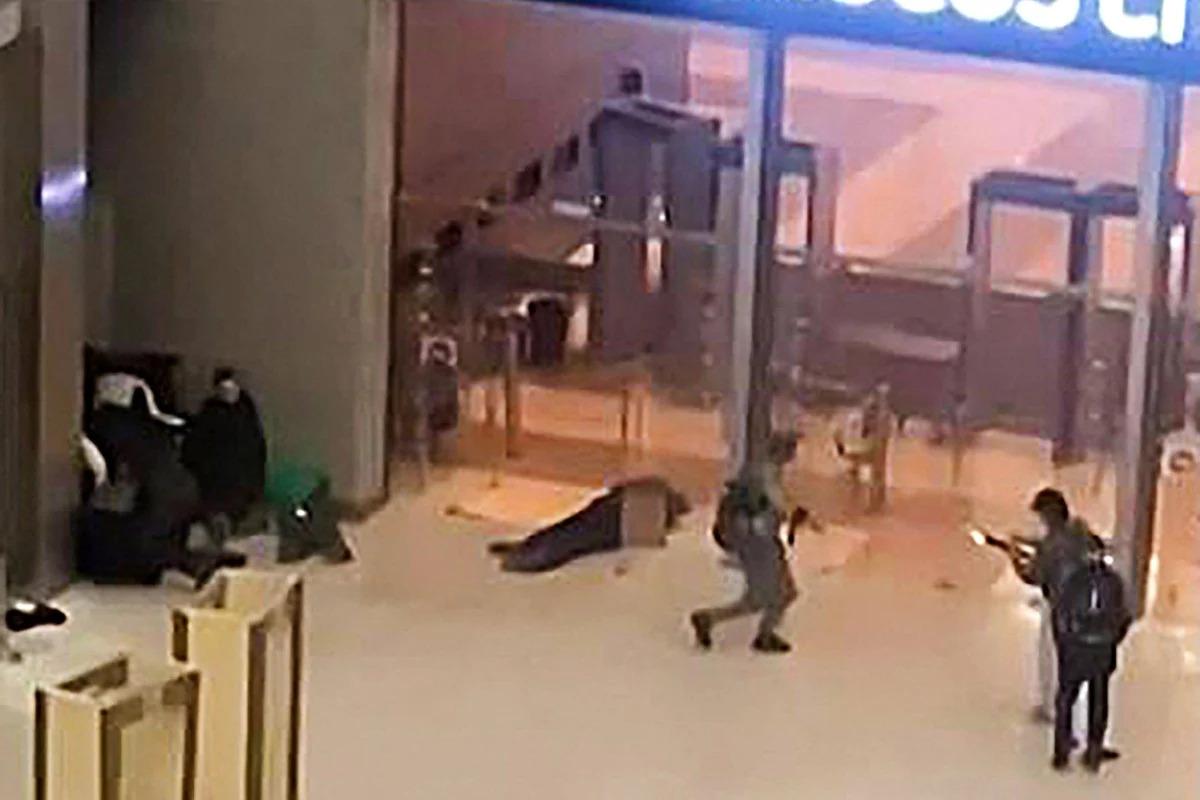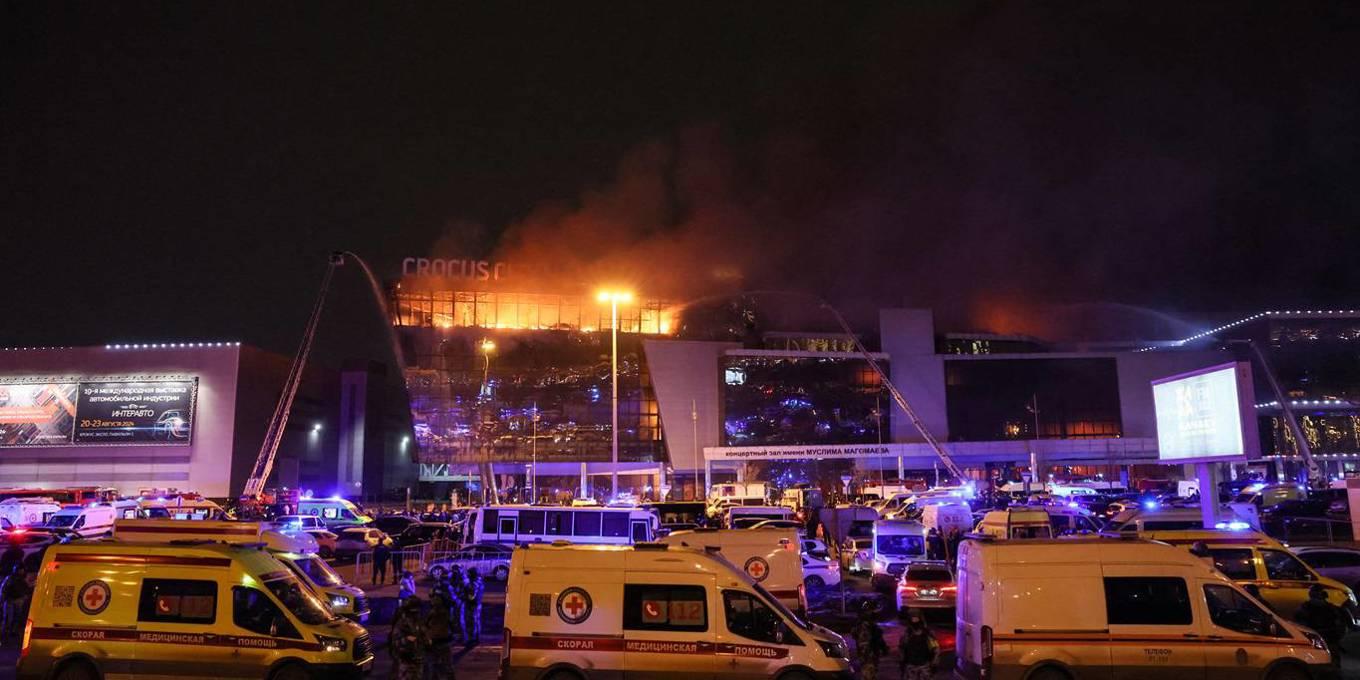What does the Moscow terror attack mean for Russia? The enemy is much closer
On March 22, Islamic militants opened fire on a concert hall in the Russian capital of Moscow, killing scores of concertgoers before setting the venue ablaze. Shortly after the brutal attacks committed by Tajik nationals, the Islamic State – Khorasan Province (ISK-P), the Central Asian branch of the so-called Islamic States (ISIS), claimed responsibility for the attack, vowing to further "punish Russia."
Although the perpetrators and sponsors of the attack were evident, the Russian state media, including President Vladimir Putin, insisted that the government of Ukraine sponsored the attack. However, neither Putin nor the FSB publicly presented any proof of a link with Ukraine, with which Russia has been waging war since Moscow invaded two years ago.
The incident near Moscow is the deadliest IS-claimed assault on European soil and the deadliest attack by any group in Russia since the 2004 Beslan siege. Interestingly, the United States State Department and the United Kingdom government issued a travel warning to Moscow for their citizens two weeks before the deadly attack, though without providing much details.
Russia's unwillingness to acknowledge the ISIS factor behind the deadly attack in Crocus Hall may be explained by concerns regarding its image and capability to tackle radical Islamist threats at home.

Since 2015, the Russian state media pushed the narrative that Moscow exerted significant pressure on radical Islamist organizations in Syria, while the recent attacks in its capital city contradict this narrative. Therefore, Kremlin-linked media puts enormous efforts into diffusing the idea of "radiIslamistists infiltration," emphasizing the so-called Ukrainian trace instead.
Meanwhile, as the Islamic State emerged, Russia, the South Caucasus, and Central Asia became the largest recruiting grounds for foreign fighters for this terror group. According to the earlier survey conducted in October 2017, Russia and the former Soviet Republics accounted for nearly thirty per cent of the roughly 30,000 foreign militants that had by then signed on to the group’s radical cause in Syria and Iraq. Thus, the Kremlin became a target of the Islamic State and its ideological fellow travellers.
Back in 2017, a Russian military contingent in Syria managed to assassinate Gulmurod Khalimov, another prominent Tajik national who had once been the commander of the police special forces of the Ministry of Internal Affairs of Tajikistan and who had fought beside the Russian forces during the Tajik Civil War.
Although, at that time, Russia claimed to eliminate all prominent IS military leaders, it did not succeed in eliminating the organization itself and its remnants spanning across the Middle East and later Afghanistan.

Moreover, during the anti-IS campaign, Russia actively collaborated with pro-Iranian proxy groups in the region, namely Hezbollah based in Lebanon, Hamas based in Gaza, and even the Taliban in Afghanistan. All three organizations fought bitter battles against ISIS “provinces” and cells in Lebanon, Syria, Gaza, and Afghanistan.
Like other relatively large ISIS provinces, ISIS-K is a brigade-sized military organization that has fought against almost every state and non-state force in or bordering its areas of operation. The successful guerilla tactics employed by ISIS in Iraq, Syria, Afghanistan, Liband ya, and the Philippines enabled the organization and its branches to establish long-term control over large urban areas, settlements, and villages before the international coalition and heavy firepower thwarted them.
Consequently, Russia's long-term presence in Syria and active involvement in the military campaign against the IS and its remnants did not bring stability abroad and at home, given the recent deadly Moscow attack.
In light of the endless war in Ukraine, such a brutal attack in Moscow will cause grave damage to the image of the Russian security services and may boost domestic discontent. When the war unfolded in 2022, the Russian government promoted the idea of "establishing permanent security at border areas and within Russia," albeit unsuccessfully.
Russia’s Mideast policy has given foreign Islamist militants several excuses for conducting murderous attacks, and Russia’s Muslim minority groups are feeling alienated from, and sometimes hostile to, the prevailing political order. In addition, Russia’s preoccupation with its Ukraine war has left it vulnerable to terrorist attacks.








